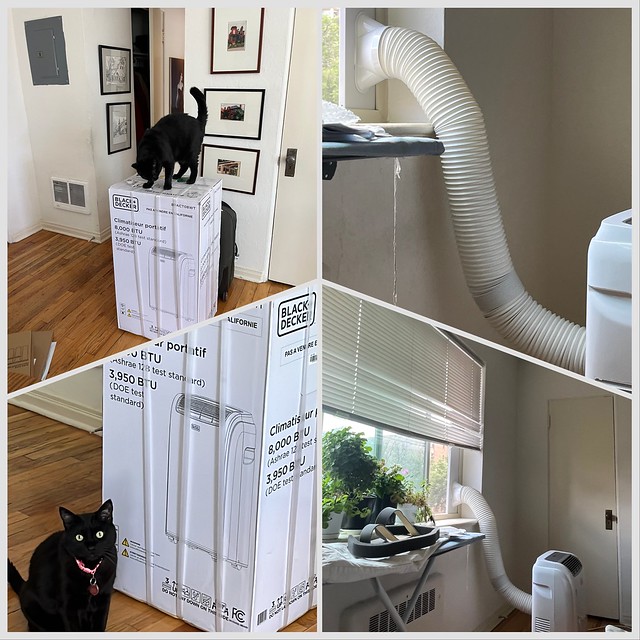How to Renovate Residential Homes
During the renovation process, it is important to set a realistic timeline and make sure you have enough time for unexpected issues. It is also a good idea to obtain all necessary permits before starting the project.
During the planning stage, you should also determine which renovations will be best for your home’s long-term value and utility. You can also consult your realtor for specific renovation ideas that can increase your home’s resale value.
Cost
Whether you are renovating a single-family home or an investment property, the renovate residential total cost of the project will depend on its size and scope. The more rooms you need to renovate, the higher the costs will be. A renovation can also include demolition, which can increase costs significantly. If the property is in a historic district, additional fees may be required.
The age of the home will also affect the renovation costs. Newer homes typically have lower renovation costs than older ones. This is because the former often has fewer problems to address, such as rotten beams or outdated electrical wiring. Older houses, on the other hand, are full of unexpected surprises that can lead to increased renovation costs.
When planning a home renovation, you should also consider the impact on your utility bills. Installing energy-efficient windows and doors can save you money on heating and cooling costs. You can also invest in a smart thermostat to control your energy usage and maximize the potential return on your investment.
Time
The time it takes to renovate a home varies depending on the project scope, location, and unexpected developments. As a general rule, basic renovations to improve livability can take around five months, while full-home updates may require nine to twelve months. This timeline is also influenced by the complexity of the home and its layout, as well as the contractor’s efficiency. The initial architectural planning phase can add a month or more to the schedule, and it’s critical that homeowners make design decisions in a timely manner to keep construction on track.
In addition, obtaining permits and scheduling inspections is a regulatory step that can affect the renovation timeline. This process can be delayed by bureaucracy, including backlogs during seasonal slowdowns or vacation periods. It’s also important to factor in the lead times for product and finish availability. This is particularly true for products like hardwood flooring, which requires a lag time between delivery and installation.
Finally, if you live in a condo or co-op, it’s important to have a clear understanding of your building’s rules and regulations before beginning the renovation process. This may involve submitting plans drawn by an architect to the board of directors and signing alteration agreements that outline terms for working in the property. These agreements typically include noise restrictions, minimum construction hours, and insurance requirements for contractors.
Permits
As a homeowner, it’s essential to understand when you need a permit and how to navigate the process. The city home renovation design consultant may require permits for renovations that touch on public and personal safety, plumbing, and electrical systems. However, determining whether or not you need a permit can be tricky since rules and regulations vary by city.
Typically, you will need to submit an application and pay the associated fee. This will be reviewed by various agencies, which can take anywhere from two weeks to a month or longer. It’s helpful to work with a permit expediter, as they can streamline the process and ensure that all documentation is in order.
Some of the more common renovations that require a permit include new windows, water heaters, siding, and gas line modifications. You will also need a permit if you’re building an addition or doing significant remodeling. Additionally, some renovations must be inspected at specific stages, which can add to the overall cost of your project.
It’s important to note that homeowners who fail to obtain the proper permits can face significant fines and halt their work. If you’re unsure of whether or not your project requires a permit, it’s best to contact your local building department and ask for clarification. If you live in a co-op, you should also contact your building’s management company to review their Alteration Agreement and determine what renovations require prior board approval.
Inspections
There are many types of home renovation projects, ranging from a simple bathroom or kitchen remodel to a full-on structural overhaul. Whatever the scope of your project, a thorough inspection by an expert is always necessary to ensure that all work complies with local building codes and regulations. This isn’t just about ticking boxes, but ensuring that your renovation plans are safe and sound for you and your family to enjoy.
A licensed home inspector is your best bet for a thorough home inspection before a major renovation. They’re the Sherlock Holmes of home inspections and will ensure that your new construction is up to par. They’ll be able to spot potential issues that can compromise your renovation plans, such as a leaky roof or dangerous electrical wiring. A reputable licensed home inspector will also be able to help you find the right contractors for your renovation, ensuring that your project is a success.
For small renovations that don’t affect the exterior of your home, you may not need an inspection. However, large renovations like adding a deck or turning your basement into a living space will require a permit and an inspection. Inspectors’ schedules can be a bit unpredictable, so it’s best to plan ahead and book your inspection early in order to avoid delays. However, it’s important to note that the DOB will check whether your renovations abide by local codes, and they can impose hefty fines or even force you to revert the changes made to your home.

